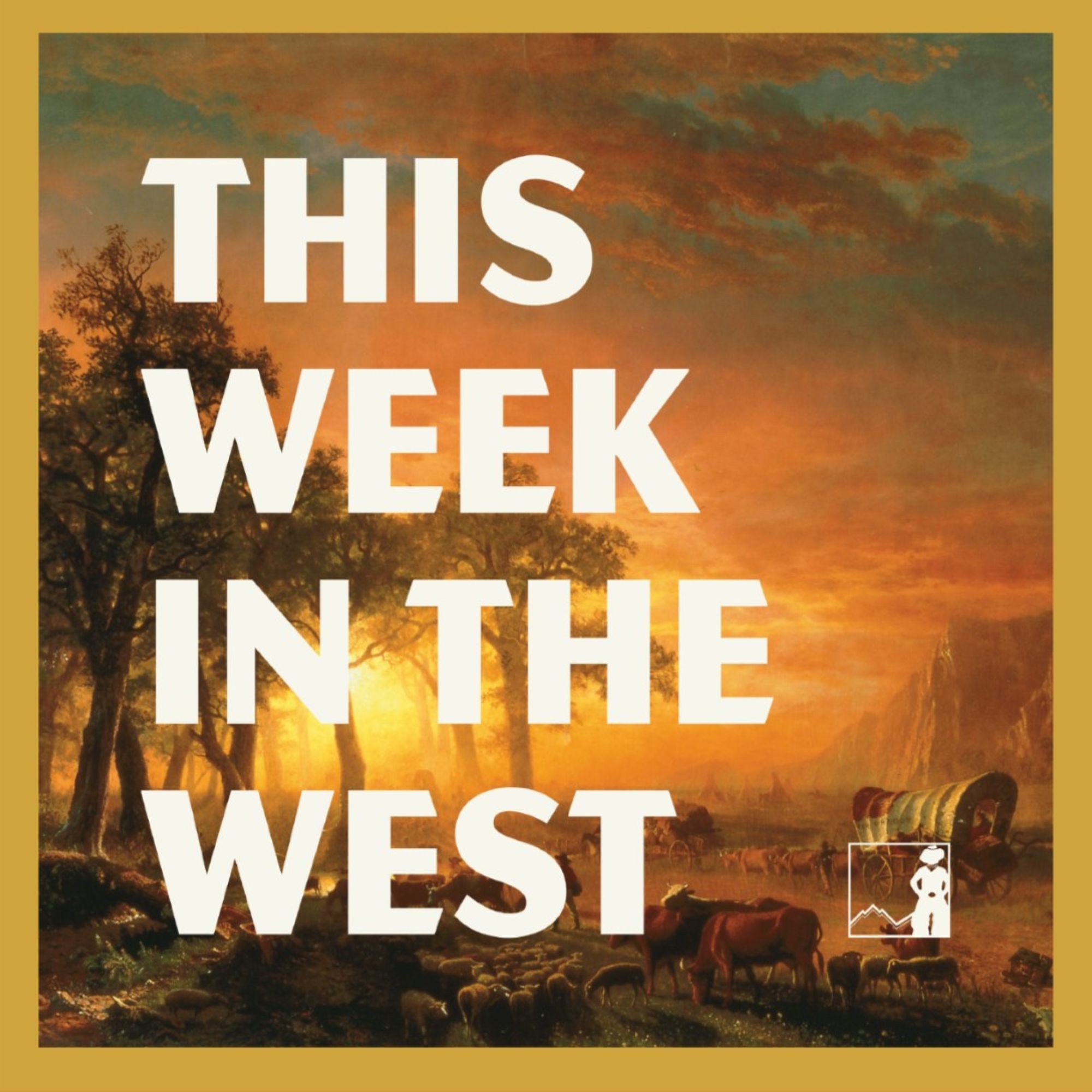Wild West Podcast
Welcome to the Wild West podcast, where fact and legend merge. We present the true accounts of individuals who settled in towns built out of hunger for money, regulated by fast guns, who walked on both sides of the law, patrolling, investing in, and regulating the brothels, saloons, and gambling houses. These are stories of the men who made the history of the Old West come alive - bringing with them the birth of legends, brought to order by a six-gun and laid to rest with their boots on. Join us as we take you back in history to the legends of the Wild West. You can support our show by subscribing to Exclusive access to premium content at Wild West Podcast + https://www.buzzsprout.com/64094/subscribe or just buy us a cup of coffee at https://buymeacoffee.com/wildwestpodcast
Wild West Podcast
Tales and Trials on the Kansas Plains: Richard Irving Dodge's Awe-Inspiring Buffalo Encounter and the Heated Conflicts of Fort Dodge
Prepare to be transported back to the Kansas plains of 1872! You'll journey alongside Richard Irving Dodge, a soldier stationed at the heart of the Wild West, as he recounts the awe-inspiring sight of a massive buffalo herd numbering in the hundreds of thousands. The vast prairie comes alive as he shares tales of life at Fort Dodge and his interactions with Robert M. Wright.
But life on the plains is not all breathtaking scenery and peaceful coexistence. The episode takes a dramatic turn as we recount the fiery confrontation between Captain Reif and Captain Moore at Fort Dodge, followed by the chaos instigated by a drunken Lieutenant Turner. As we navigate through these tales, we uncover the struggles of maintaining order among soldiers and the controversies surrounding alcohol consumption. The episode concludes with a look at the aftermath as we discuss the decision to establish a township near the fort and the impending court-martial charges. Listeners of Wild West Podcast should tune in for this riveting journey into the untamed life of soldiers in the Kansas plains during the 1870s.
"Edward Masterson and the Texas Cowboys," penned by Michael King, takes readers on an exhilarating ride through the American West, focusing on the lively and gritty cattle town of Dodge City, Kansas. This thrilling dime novel plunges into the action-packed year of Ed Masterson's life as a lawman, set against the backdrop of the chaotic cattle trade, filled with fierce conflicts, shifting loyalties, and rampant lawlessness. You can order the book on Amazon.
